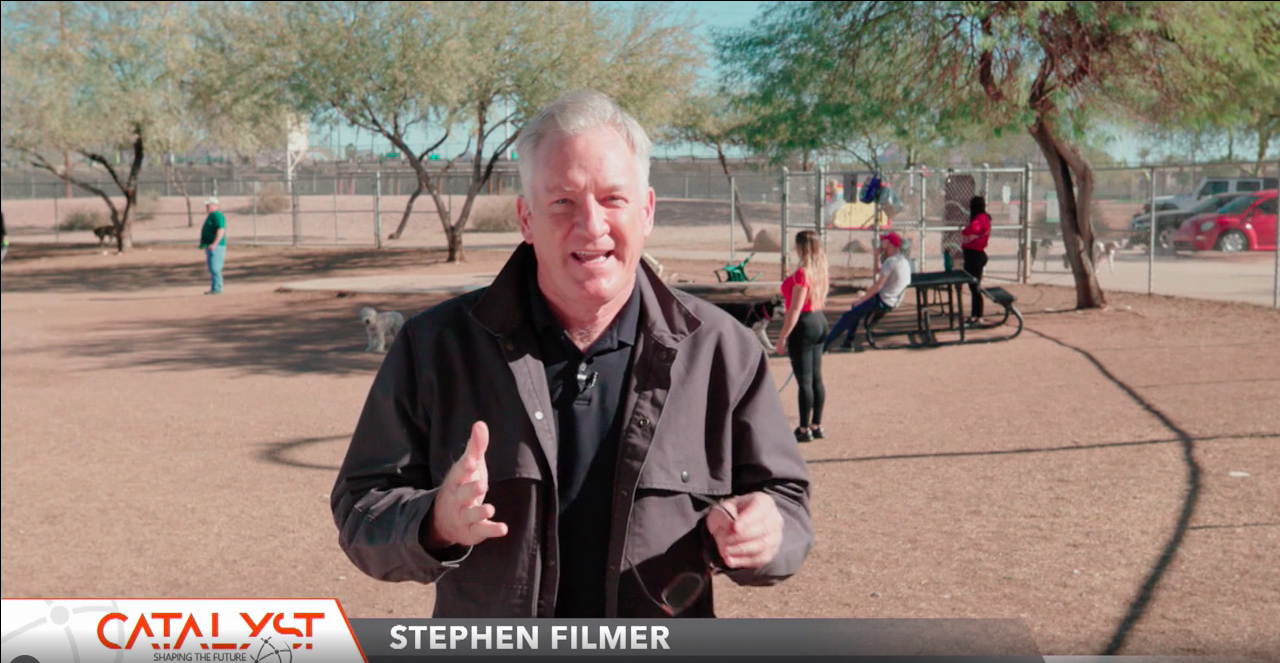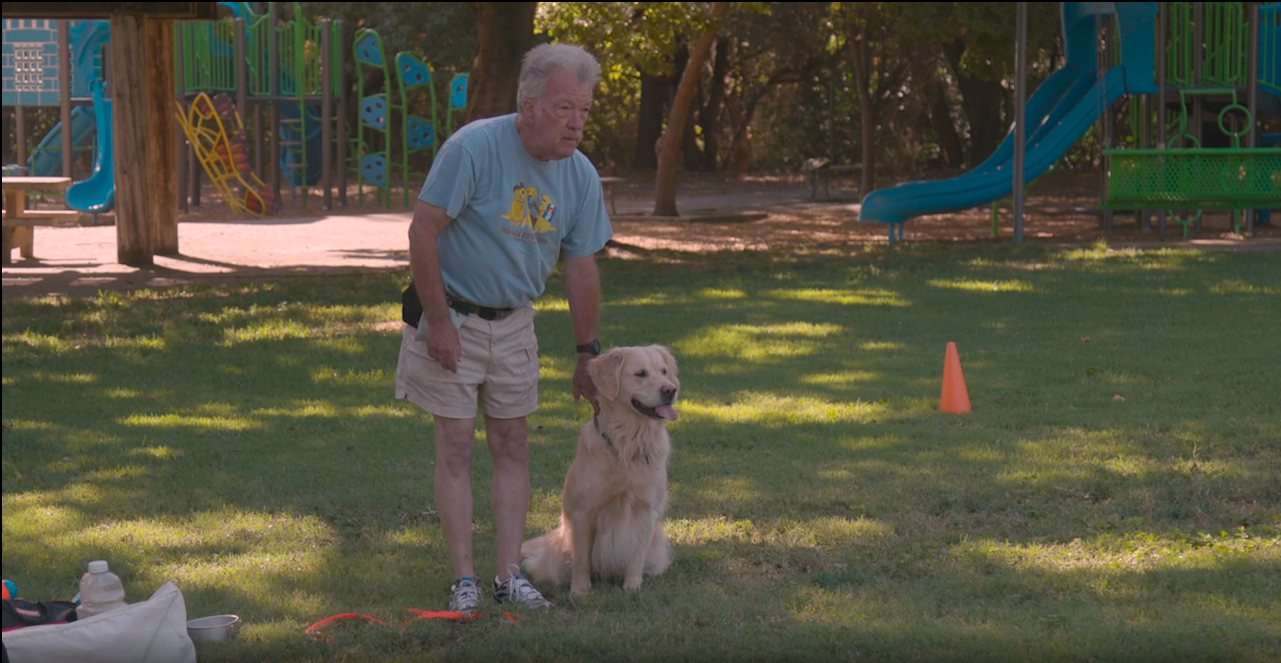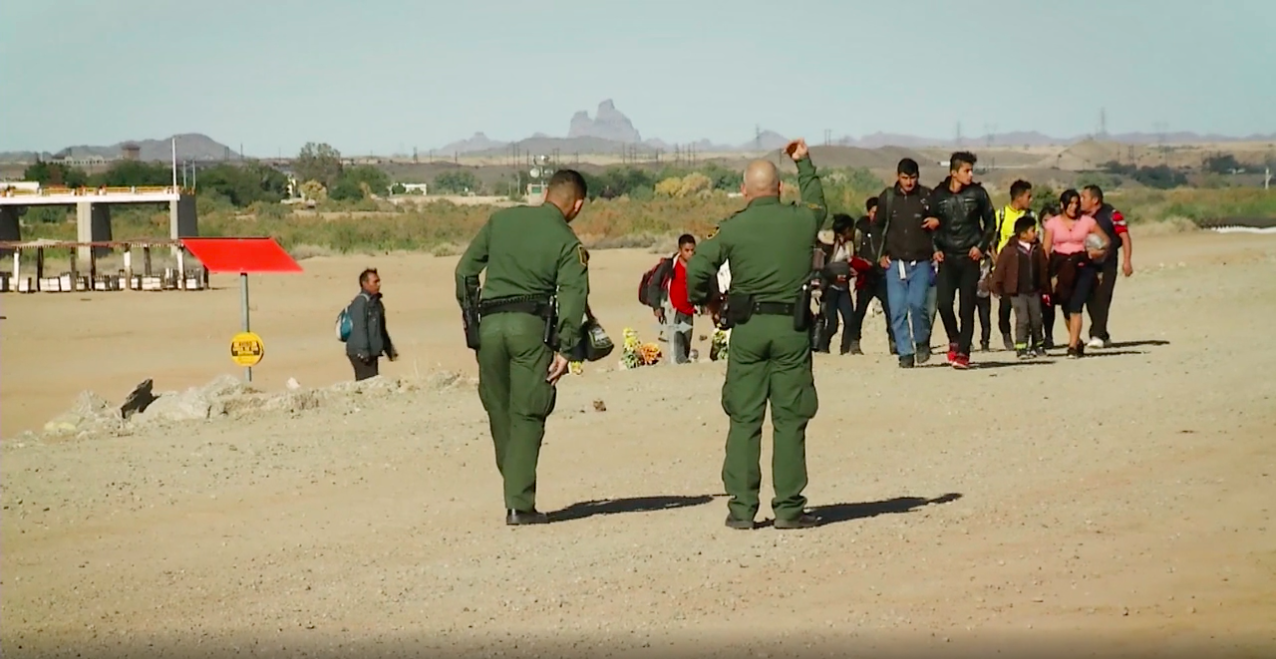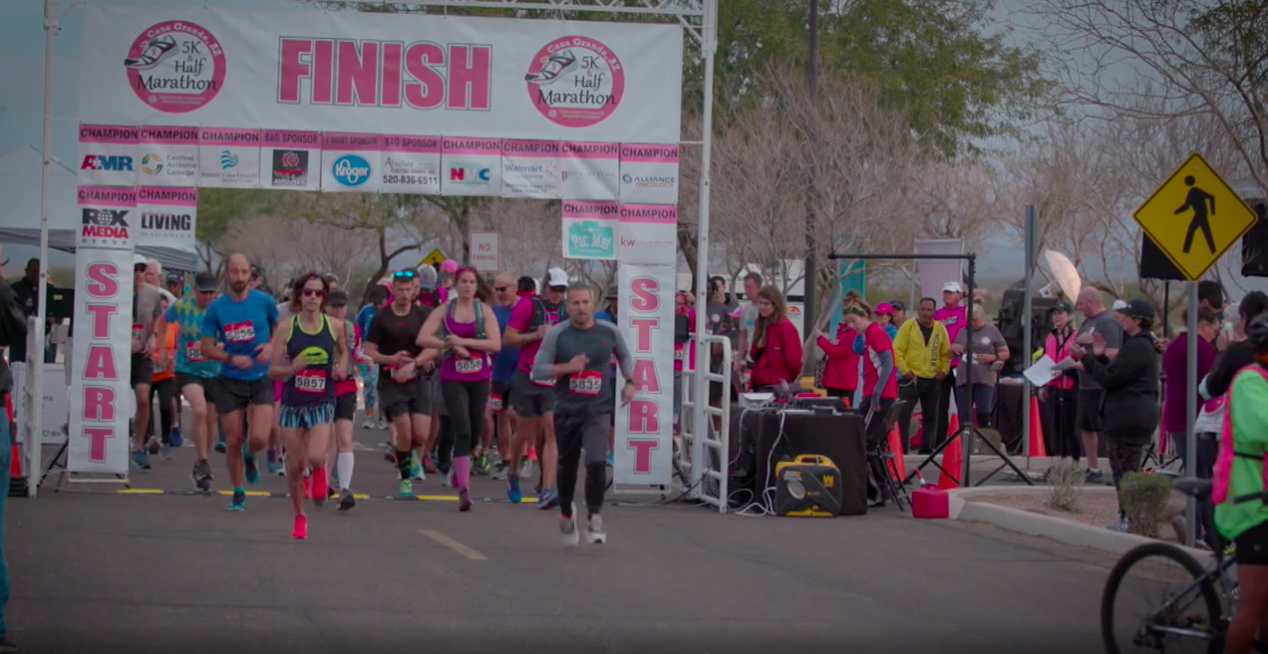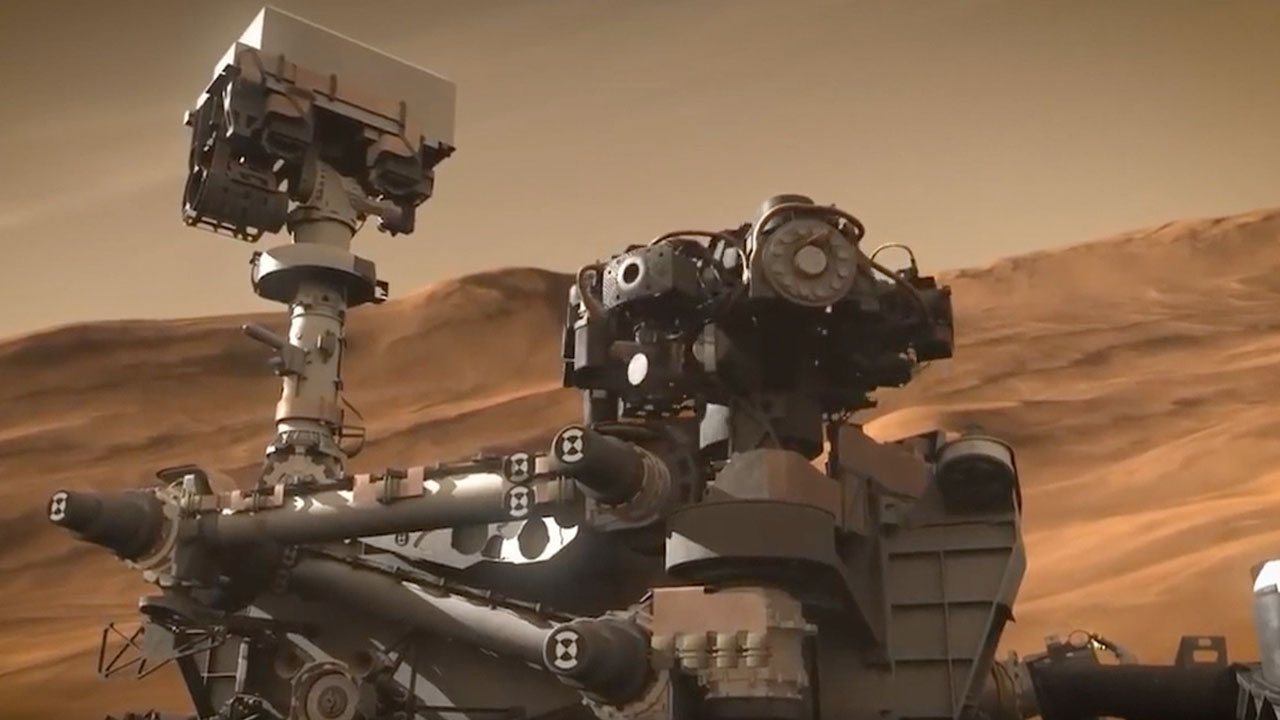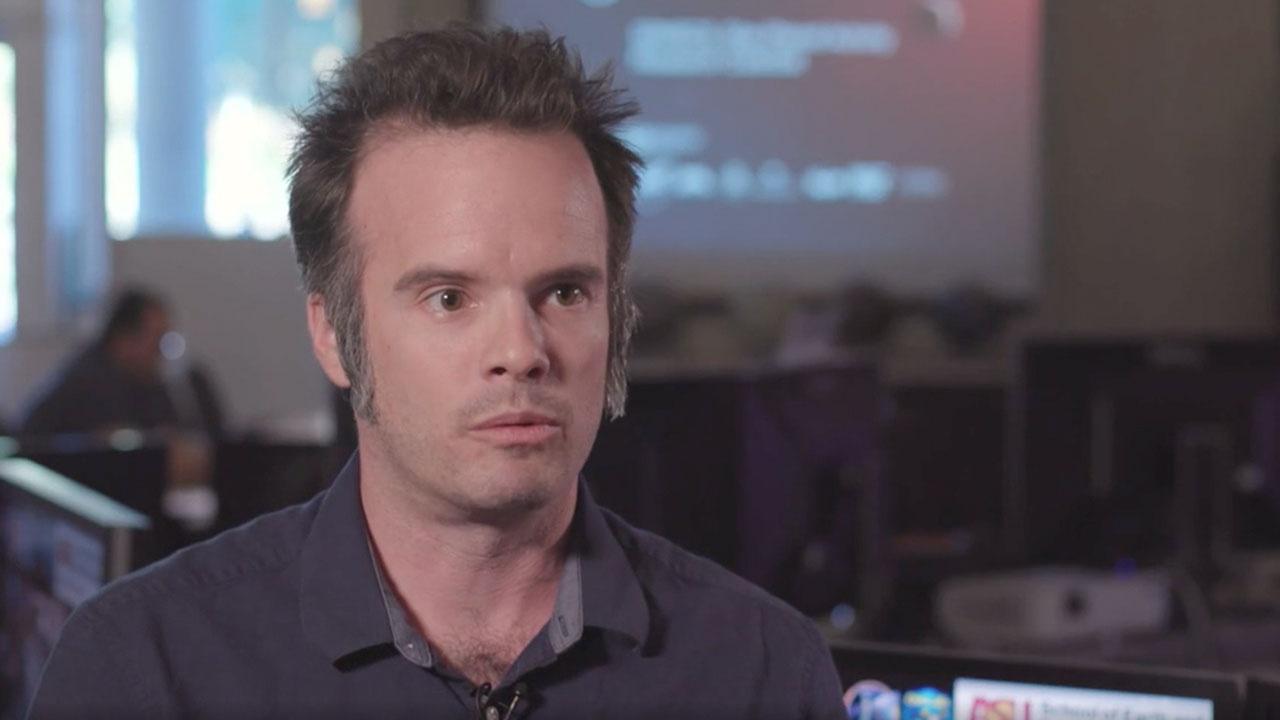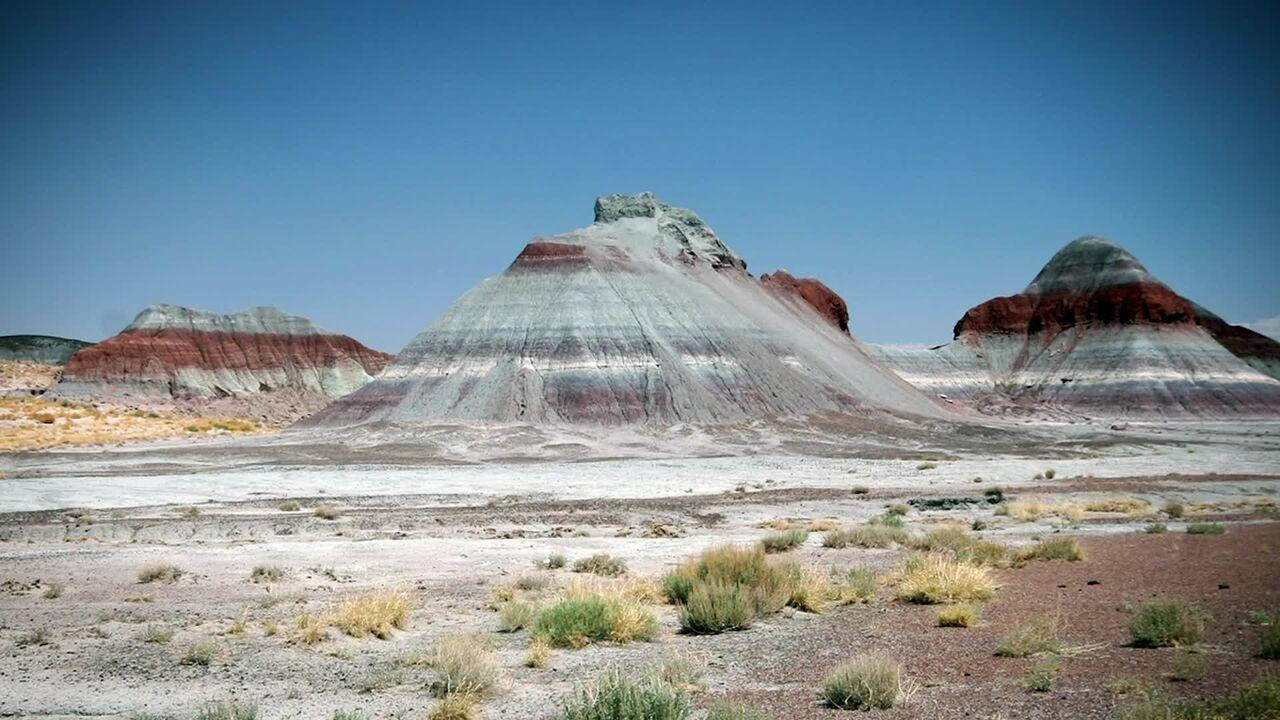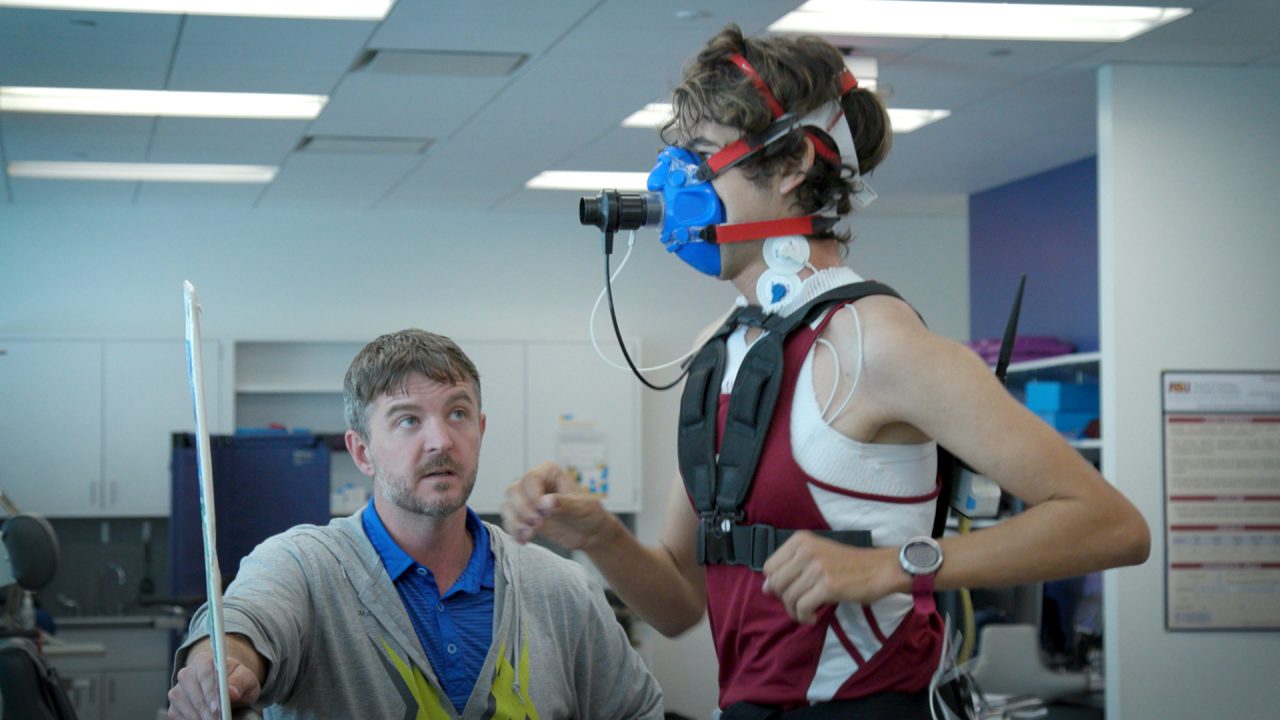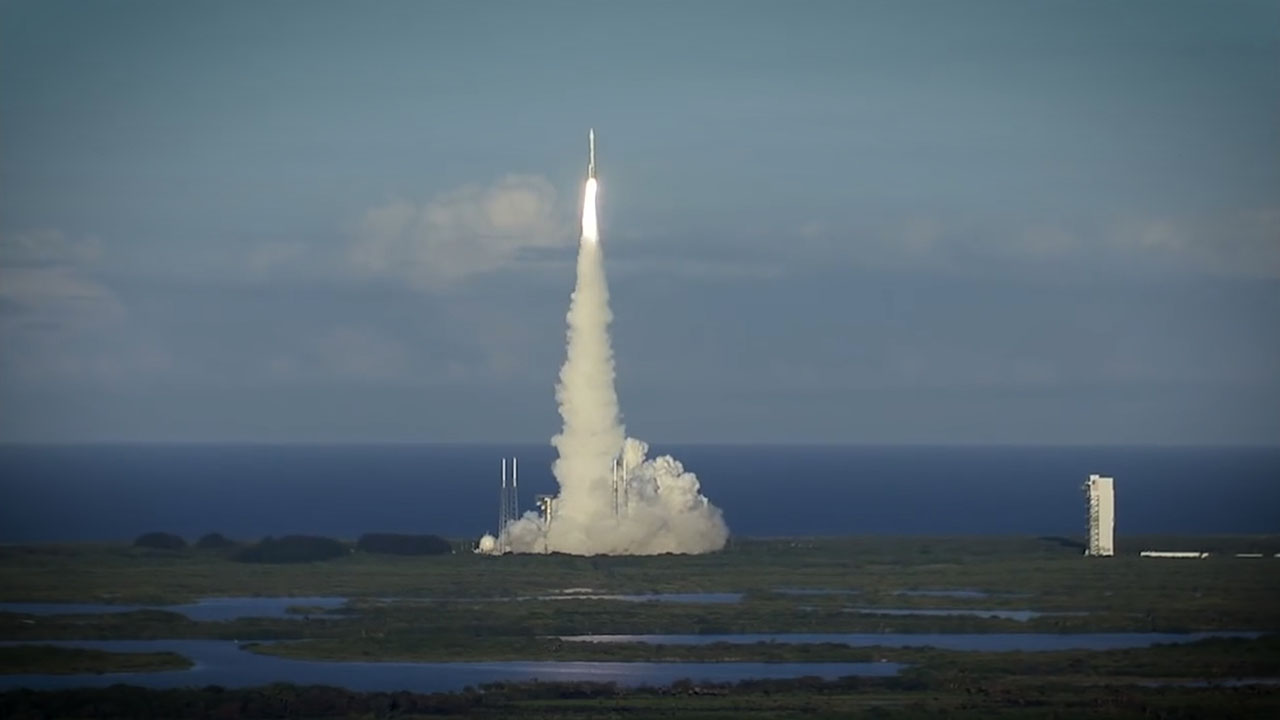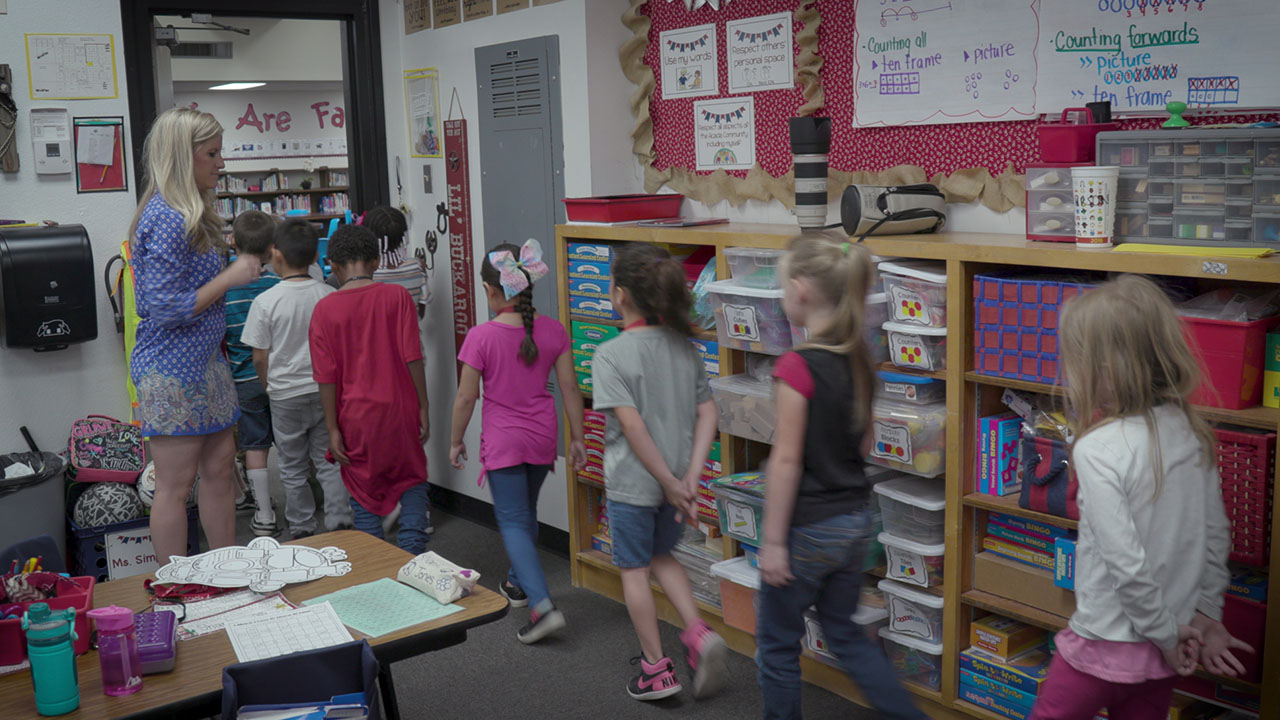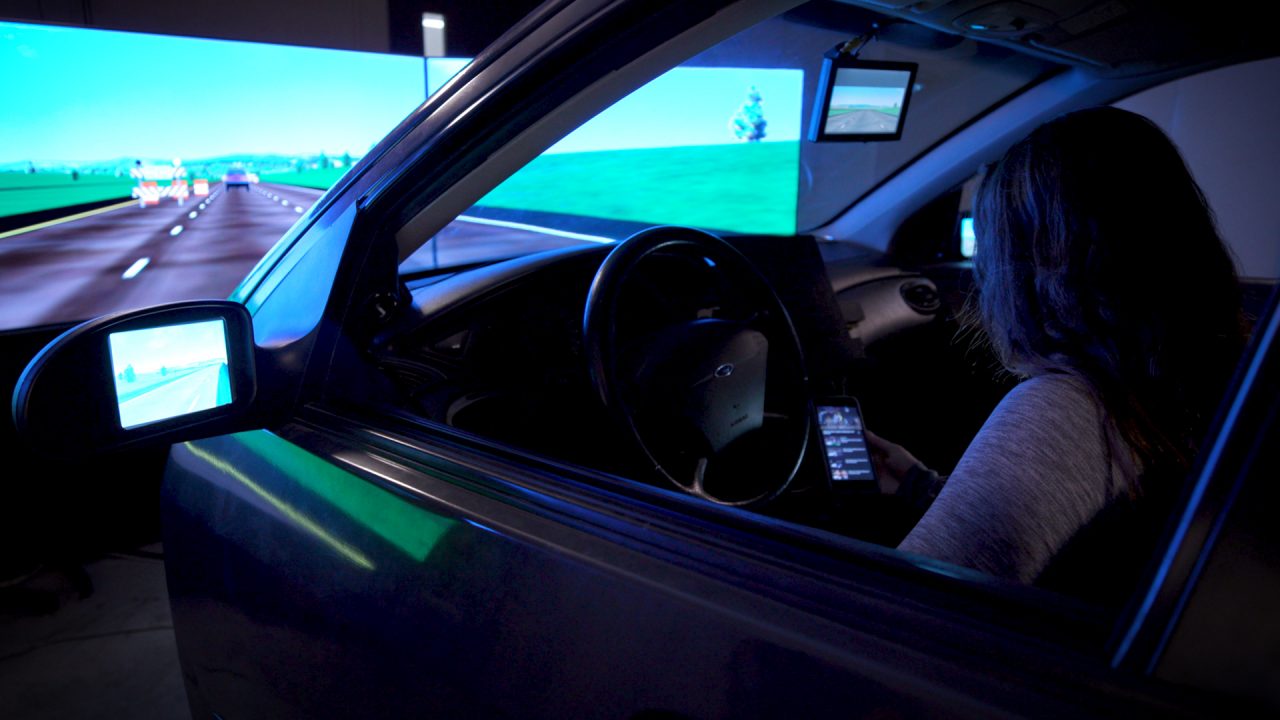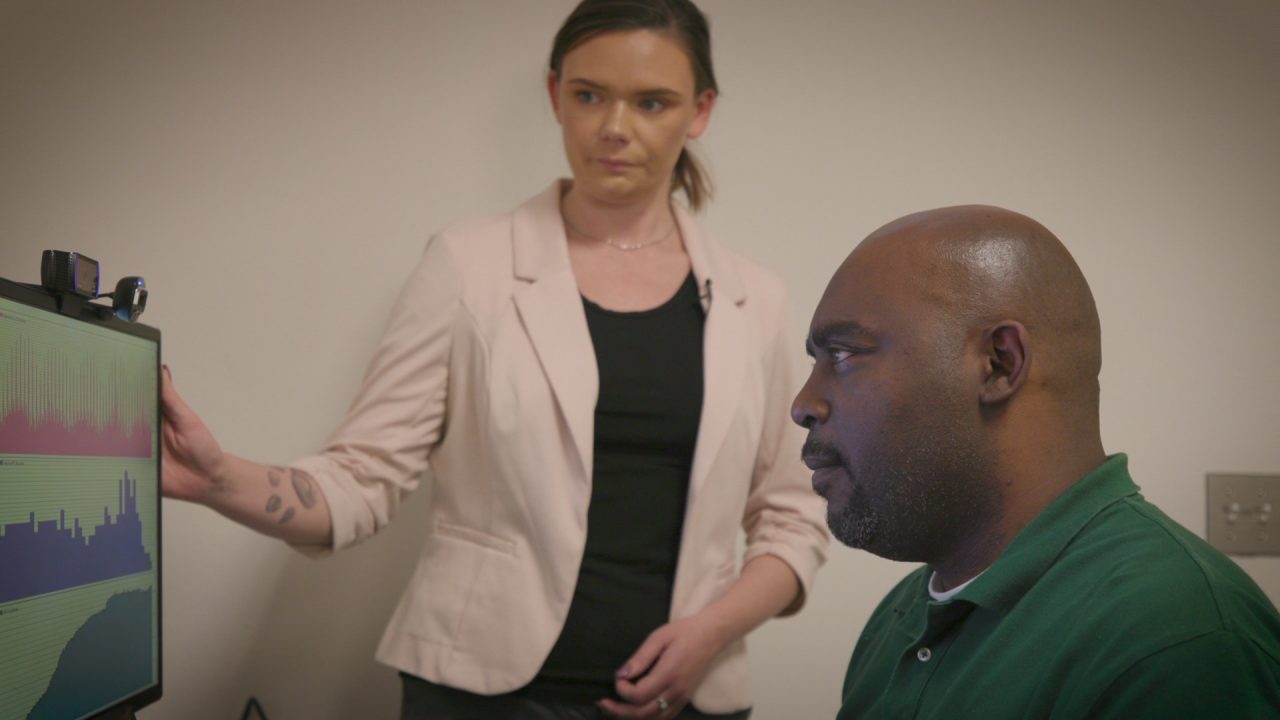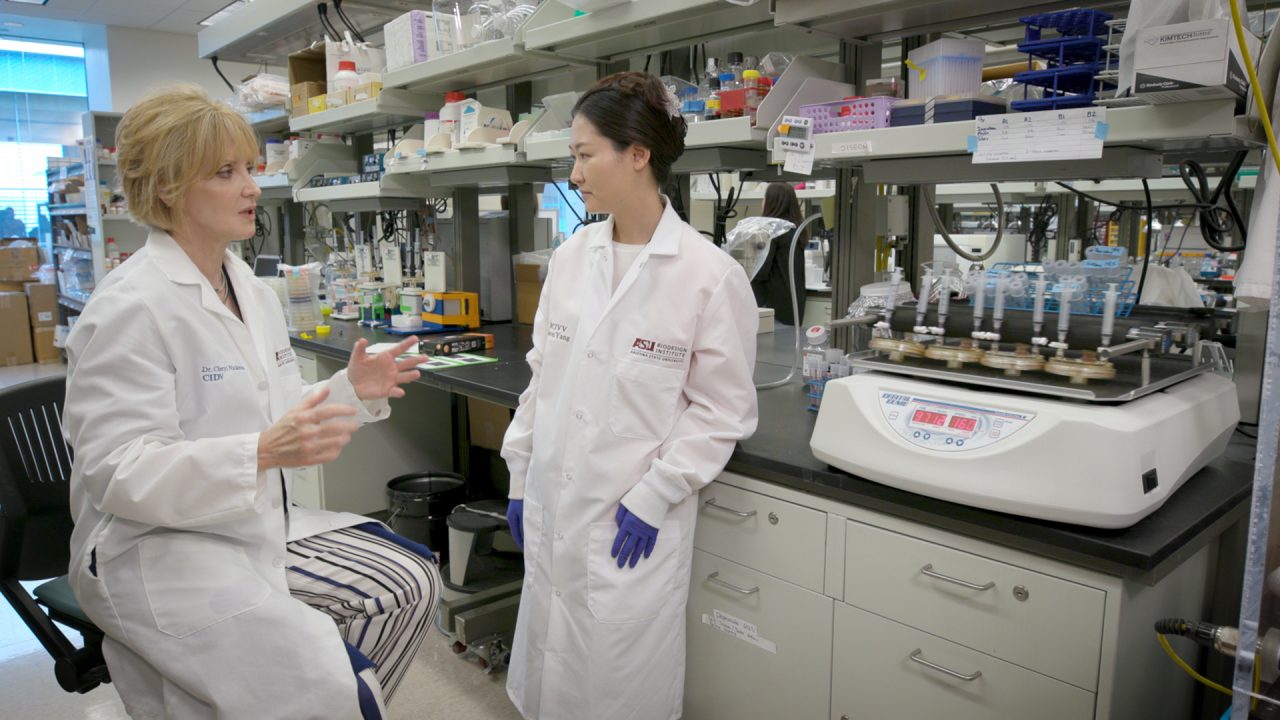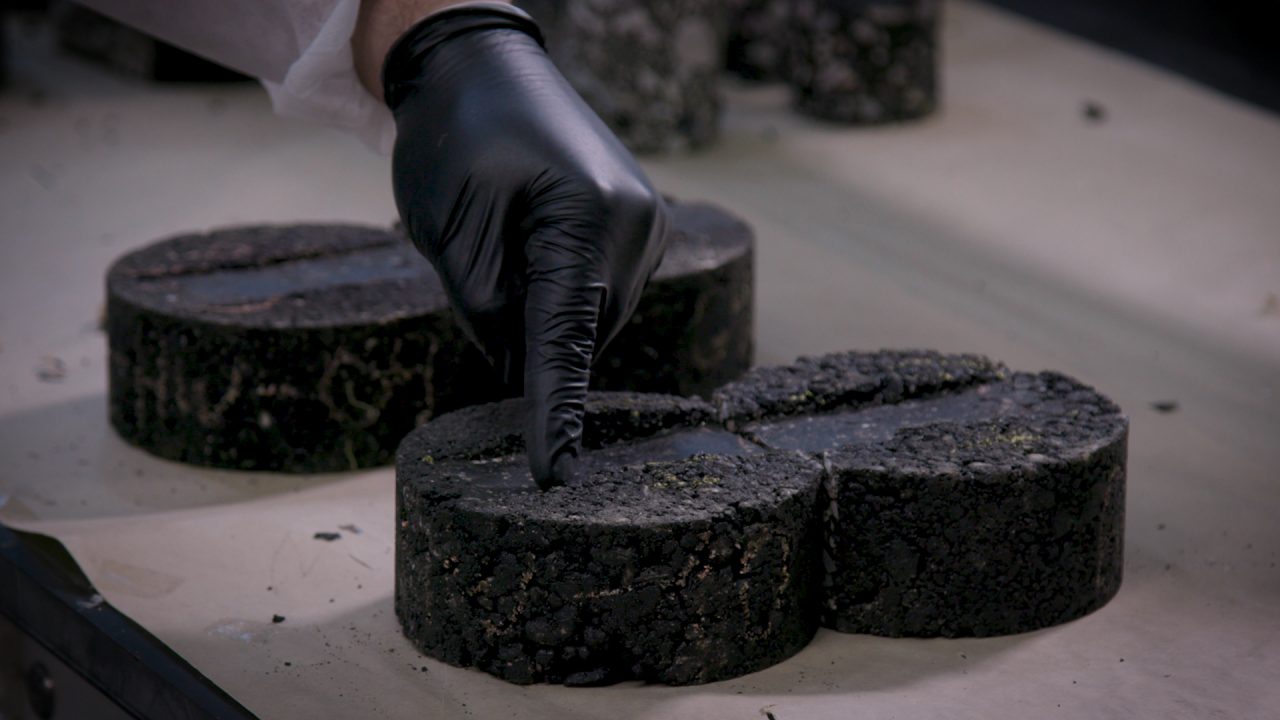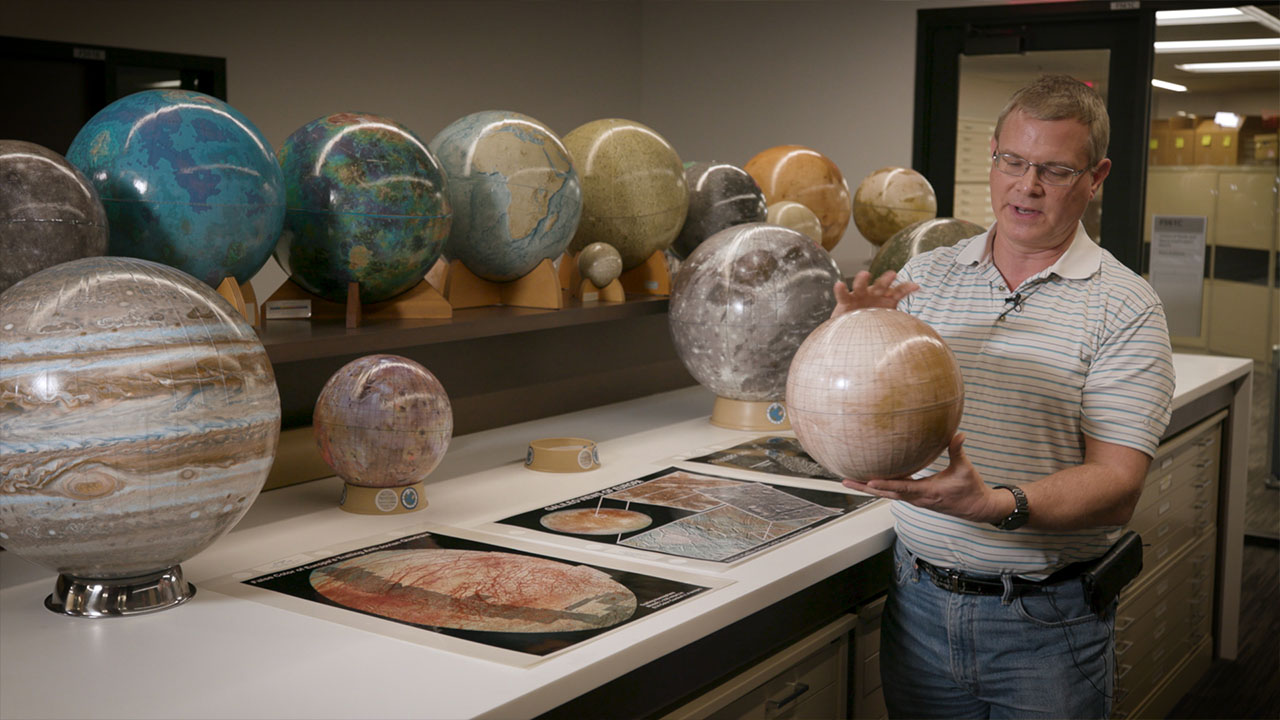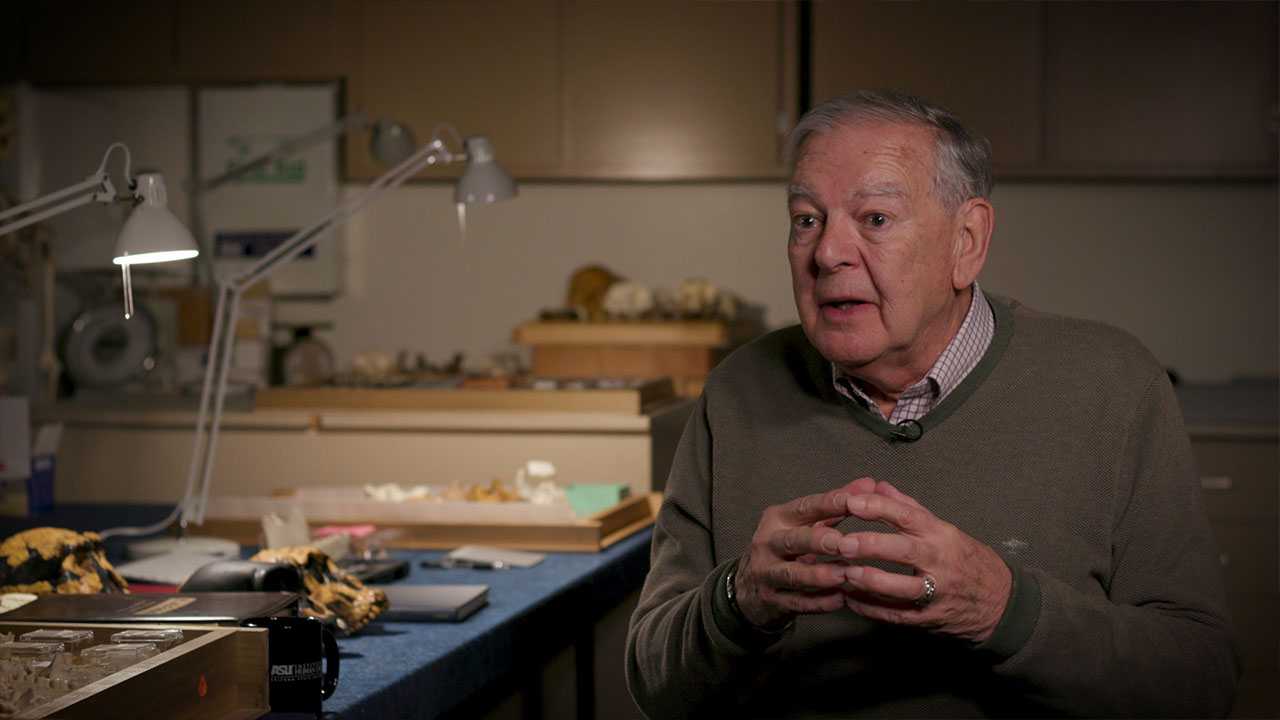
Catalyst
Catalyst explores the research at Arizona State University and its impact on the world. The show is supported by ASU’s BioDesign Institute, College of Liberal Arts and Sciences, Fulton Schools of Engineering, Global Futures Laboratory, Global Security Initiative, Interplanetary Initiative, and Knowledge Enterprises. Watch online or on the PBS app.

LATEST Catalyst
Catalyst: Bacteria to improve autism symptoms
April 16, 2021
Discover how ASU researchers are exploring microbiotic transplants to alleviate autism symptoms, linking gut health and autism.
Catalyst
Groundbreaking science is happening right in our backyards, and “Catalyst” is your tour guide to explore it.
The scientific program that explores cutting-edge research at Arizona State University and its potential impact on the community ran for three seasons on Arizona PBS and is still available online and on the PBS app.
The 30-minute show was produced by ASU students at the Walter Cronkite School of Journalism and Mass Communication and supported by ASU Office of Knowledge and Enterprise Development Research. Each episode explores interdisciplinary research initiatives happening at the university, including the environment, human behavior, sustainability and urban planning among other topics.
“Catalyst” is hosted by Cronkite Professor of Practice Vanessa Ruiz, a former co-lead anchor for 12 News, the NBC affiliate in Phoenix.
“Every episode, we are visiting different locations throughout the Valley, exploring these incredible research and technology breakthroughs,” she said. “Our viewers have already made it clear how much they love the show, and I can’t wait to show them what we have in store with these new episodes.”
Cronkite students work under the direction of Professor of Practice Steve Filmer, an award-winning television producer whose works include “ABC World News Tonight” and “Good Morning America.” Under his guidance, students receive valuable experiences in storytelling, research, videography, editing, writing and production.
Filmer said this season features more segments with both Ruiz and researchers filmed on location.
“You’ll be seeing more of our scientists and researchers out of the lab and into the world,” Filmer said.
Segments include ASU School of Life Sciences researchers who visit the Phoenix Zoo to study cancer rates among larger animals, as well as an ASU molecular biologist who visits the Barrett-Jackson auto auction in Scottsdale, Arizona, to draw a connection between “biological engines” and cars.
ASU students from the School of Music as well as the School of Arts, Media and Engineering, who collaborated with the Arizona Game and Fish Department to help map movements and sounds of migration animals and their habitats to help local government agencies build accommodating infrastructure.
Students and researchers from ASU’s School of Human Evolution and Social Change, Julie Ann Wrigley Global Institute of Sustainability and the Ira A. Fulton Schools of Engineering, explored ways that buildings and other infrastructure in Mexico are built for comfort and resilience in extreme heat.
Additionally, School of Music students created a new musical score for the show opening as well as various episode segments.
Following a successful 13-episode first season last summer, students at the Cronkite School, the home of Arizona PBS, began working on a second season of production last fall as part of the school’s professional immersion program. The Cronkite School has more than a dozen professional programs in which students work in professional settings, producing high-quality content that serves the public under the guidance of faculty.
Cronkite School Dean and Arizona PBS CEO Christopher Callahan said the show supports the station’s mission of promoting lifelong learning, while also providing real-world experiences for students at the Cronkite School.
“‘Catalyst’ showcases the exciting research happening at the country’s most innovative university,” Callahan said. “To have students from across ASU collaborating on this program exemplifies the unparalleled experiences offered at this school.”
Vanessa Ruiz
At the time she hosted "Catalyst," Vanessa Ruiz was a professor of practice at Arizona State University’s Walter Cronkite School of Journalism and Mass Communication and works on special productions at Arizona PBS. Since then, she has become the Deputy Vice President for Outreach at ASU.
Previously, Ruiz was the main evening news anchor for KPNX, the NBC affiliate station in Phoenix. Her career began with Telemundo Network’s national newscast, becoming Telemundo International’s youngest news anchor before transitioning into the English-speaking market at WSVN-FOX Miami. Ruiz also has worked for KNBC in Los Angeles and The Broadcasting Board of Governors for TV Marti.
She has been nominated for several Emmys and has been recognized by the Academy of Arts & Sciences. She received the David Burke Distinguished Journalism Award and was chosen as one of Florida’s Leading Latinos in Journalism. She is an active member of the National Association of Hispanic Journalists.
